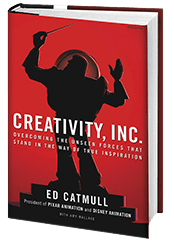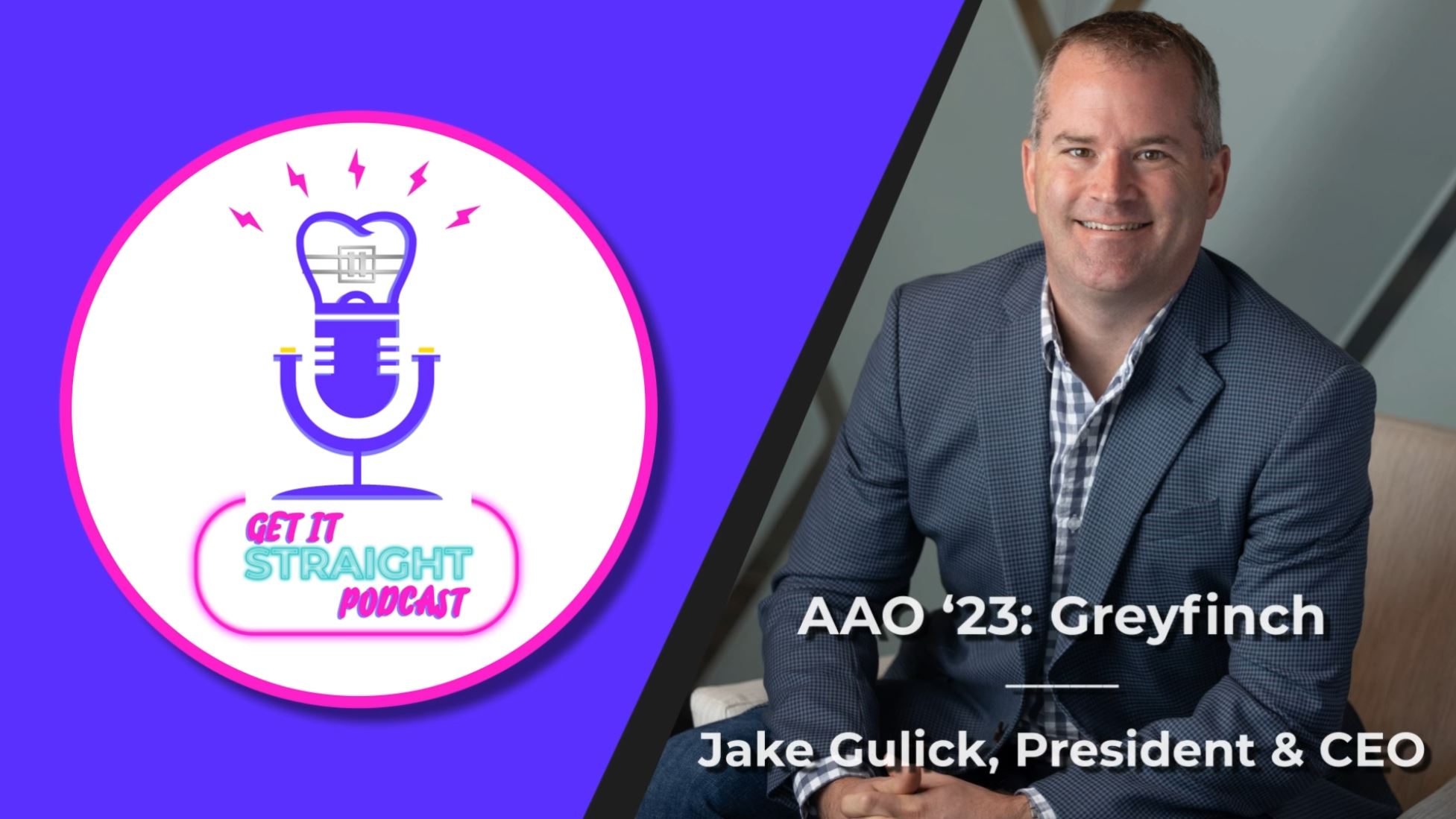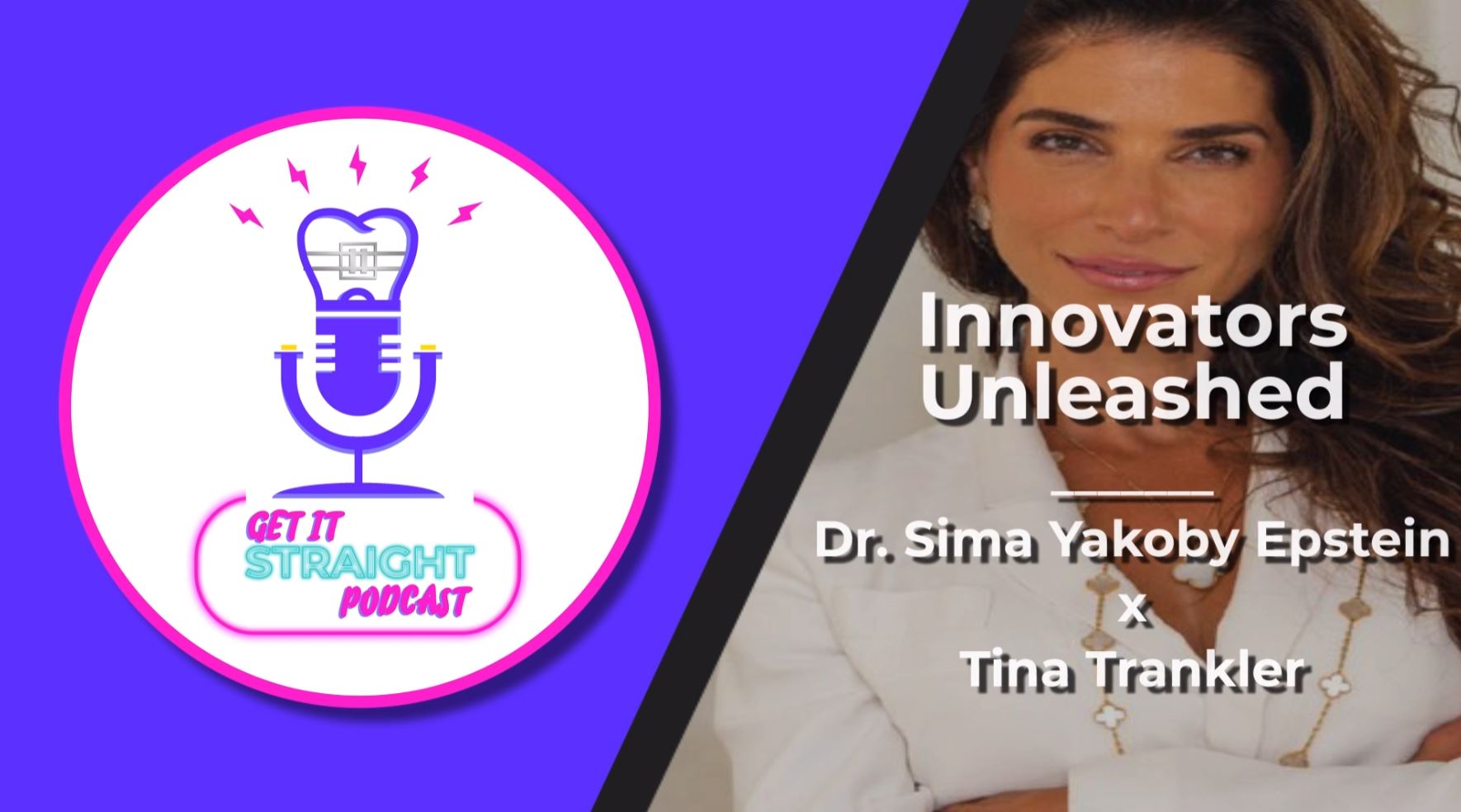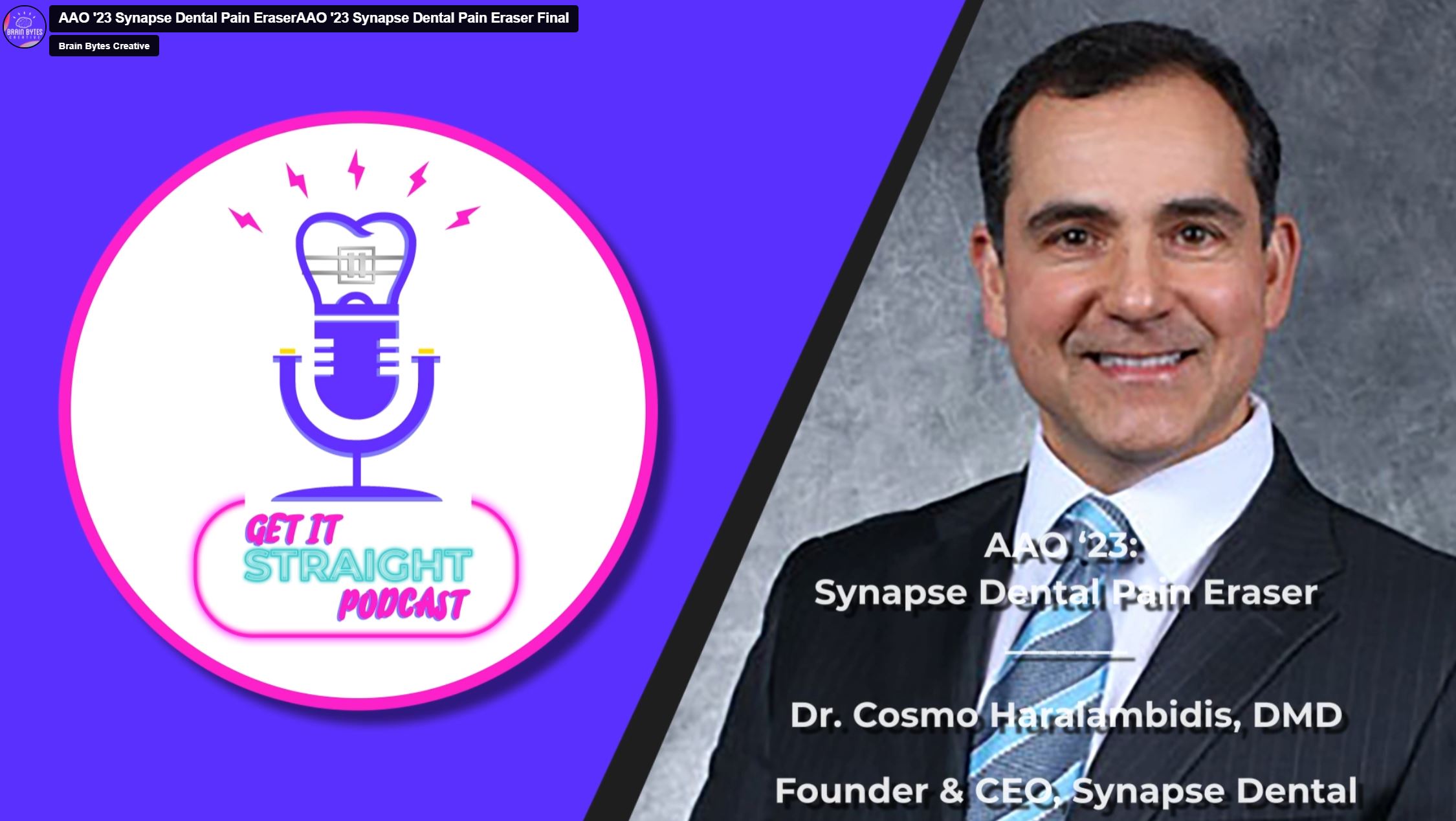Welcome to the BBC Book Club! Every year, the whole team reads a few books together and applies the lessons learned to ourselves — both in our work as digital marketers and in our personal lives.
As a creative digital marketing agency, it comes as no surprise that we’re pretty into Pixar. Who isn’t? Their animations are breathtaking, their characters are touching and their stories are important.
But our love and admiration for Pixar aren’t limited to the screen. In 2014 Ed Catmull (legendary Pixar co-founder) published Creativity, Inc. — a book not just about the company’s humble beginnings, but also about the most valuable lessons he’s learned along the way.

Thanks to his decades of experience straddling the lines between science, art and business, he’s basically written a loose blueprint for running any kind of creative enterprise.
Reading Ed Catmull’s book was not only affirming for us as a group of creative individuals, but also challenging in all the right ways.
Here are some of the most helpful lessons we took from Creativity, Inc. — ones we hope will benefit your agency as much as they have ours.
1) “If there is more truth in the hallways than in meetings, you have a problem.”

This is one of the truest adages we’ve learned over the past few years.
As we’ve said before, trust and constructive conflict are two functions necessary to the success of any company. Without them you have a stagnant company at best, and an extremely toxic one at worst.
So the first challenge here for any agency is creating an environment where employees trust management and each other. It’s no small feat, and one that must be championed (and publicly followed through on) by company leadership.
As a digital agency, our lives and work move very quickly. Things are changing all the time (clients, employees, technology, trends). And mistakes will happen, frequently.
But lucky for you, you have an indispensable resource: Your team. They are full of excellent ideas, whether they know it yet or not. Take advantage of it.
There is a related message in this lesson: It’s not enough to just be open to ideas from every level on the totem pole. You have to seek them out. You have to “engage the collective brainpower of the people you work with.” To Catmull, this is actually a key piece of the job of a manager.
At Pixar, they use a number of techniques every day to constantly push each other to share ideas.
- They hold Braintrust meetings to dissect films in the making, enabling everyone to give and receive in-depth feedback.
- They use postmortems to push themselves to discover all “the ways in which they aren’t exceptional.”
- And, famously, they use “Notes Day” as a supercharged version of these techniques — one day every year where everyone’s job is simply to connect and give as much input as possible on the company challenges that interest them moth.
These techniques are applicable to digital marketing agencies as well.
For example: At Brain Bytes, we regularly hold “Fight Club” meetings to dissect processes and products in the making, and get everyone’s input on them.
Management is typically required to attend these meetings, but all employees interested in the subject matter are strongly encouraged to join (and contribute).
These meetings not only reinforce trust and conflict, they also ensure collective buy-in on big decisions since everyone can participate in the decision-making process.
As an agency, “mechanisms of self-assessment that seek to uncover what’s real” are your best friend. Don’t ever shy away from the challenge of uncovering (and accepting) opportunities to be better.
2) “The desire for everything to run smoothly is a false goal.”

Striving for perfection can be seen as an admirable goal. There have certainly been many extremely successful people in our world seemingly powered by the desire for perfect, smooth sailing.
In my opinion, these people either aren’t sharing the full story, or they are insanely lucky. Maybe a little of both.
A perfection-obsessed mentality is a dangerous one, especially for a digital marketing agency.
Why? Because the world of digital marketing changes too often and too quickly to get it right all the time.
Look at the facts:
- You have a ton of clients, all with different needs, preferences and quirks.
- You have even more employees, with different strengths, weaknesses and personalities.
- You might dabble in a wide variety of services ranging from data-driven strategy and complicated technical implementations, to the generation of “viral” ideas and big picture creative concepts.
- Your industry is constantly changing, whether that’s consumer habits, Google algorithms, or brand new technologies and offerings.
- Many people on the client-side often struggle to grasp the central tenants of digital marketing, so not only is your value constantly in question, but your timelines probably are too.
- You’re human, and so are your employees.
There is absolutely no chance that your agency is going to be perfect all the time, or even most of the time. Stop worrying about it.
“Failure isn’t a necessary evil. In fact, it isn’t evil at all. It is a necessary consequence of doing something new.” And in digital marketing, you are constantly doing something new.
If your agency is too focused on being perfect all the time, then you won’t be ready to try new things and take risks. And you might miss out altogether on the valuable process of “figuring it out” — of dissecting mistakes and developing insightful conclusions and lessons from them.
The trick is to learn how to be decisive and fail as quickly as possible. In Creativity Inc., Catmull quotes Pixar director Andrew Stanton on this topic: “In a battle, if you’re faced with two hills and you’re unsure which one to attack… the right course of action is to hurry up and choose.”
This is as true for making movies as it is for delivering excellent marketing services: The trick to making your digital agency into an effective creative organization is to be decisive, try new things, and welcome failure as part of the process.
3) “The first conclusions we draw from our successes and failures are typically wrong.”

Every single day, the world experiences a seemingly infinite number of something Catmull calls “two-inch events.”
This term refers to a story from his childhood in which a traffic accident put his whole family within two inches of driving off a cliff — which, of course, would have prevented the creation of Pixar and all the accomplishments that came with it.
Catmull’s point is that events like this are happening constantly, and it’s impossible to know all of them.
So when someone looks back on Pixar’s story, it’s easy to think that their success was “inevitable” given the traits of their founders.
Catmull disagrees. To him, Pixar succeeded only because of an infinite number of two-inch events that went their way.
The same can be said for any experience we look back on — Maybe your agency is taking off. Maybe you win a huge account. Maybe you create a viral masterpiece of a campaign that gets picked up by Adweek.
Why did you succeed? To process this question, your brain will try to to create patterns and meaning out of selective memories.
But our brains don’t have all the facts.
The Pixar team learned this firsthand from a neuroscientist during the creation of Inside Out. They were surprised to learn that only about 40 percent of what we think we “see” comes in through our eyes.
The rest is made up — From memory or patterns recognized from past experiences.
So our hindsight — which we typically value so highly — is actually distorted.
So what’s the point? “Because we think we see what happened clearly… we often aren’t open to knowing more.”
Catmull’s aiming to convince us of a few things here.
To start, he’s advocating for creative leaders to be open-minded and humble.
Yes, maybe your agency’s founders are incredible people. But, no, they are not alone responsible for the agency’s success. To think so would be to close yourselves off to the option that there is more to learn about why and how you got where you are today.
Similarly, Catmull is urging us to honor the viewpoints of other people.
We only know (or think we know) the things we’ve seen or experienced in our own lives.
“Most of us walk around thinking that our view is best — probably because it is the only one we really know.”
To prepare a digital agency to grow and change with the times, we have to be as open-minded as possible. We have to be ready to try to see the world through the lenses of other people — whether that’s clients, prospects or other team members.
Finally, Catmull is pushing us to never stop questioning what we think we know.
Our brains use mental models to try to make sense of the world, both the 40 percent we see and the 60 percent we don’t.
These models are kind of like the tools that meteorologists use to develop weather forecasts. But as we all know: “Sometimes the forecast says rain and, boom, the sun comes out.”
“The tool is not reality. The key is knowing the difference.”
Think you know why your last campaign succeeded? Or (because it goes for losses as well as wins) why that big client left you?
Check again. Don’t deal in absolutes. And embrace the unknown.
Create a feedback loop with your clients to figure out what they’re really feeling about your performance. And create another loop with your employees to help uncover hidden problems or opportunities.
It’s the job of any creative leader to constantly be uncovering any challenges that threaten the organization’s creation of excellent products, whatever they are.
Recognizing that you don’t know everything doesn’t necessarily make the process easier. But your team can use research and self-assessment as a guide as you confront the unknown, both in your life as a digital marketer and outside it.
Do you love Creativity, Inc. and/or want to learn more about it?
Or are you looking for an agency who embodies the values of Catmull and the Pixar team?
Brain Bytes Creative is an Atlanta-based digital marketing agency with an obsession for self-improvement. We love to learn and challenge ourselves. And we’d love to help you too.



